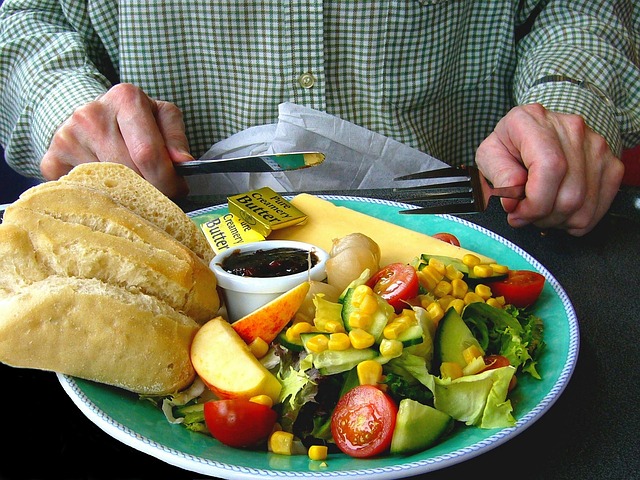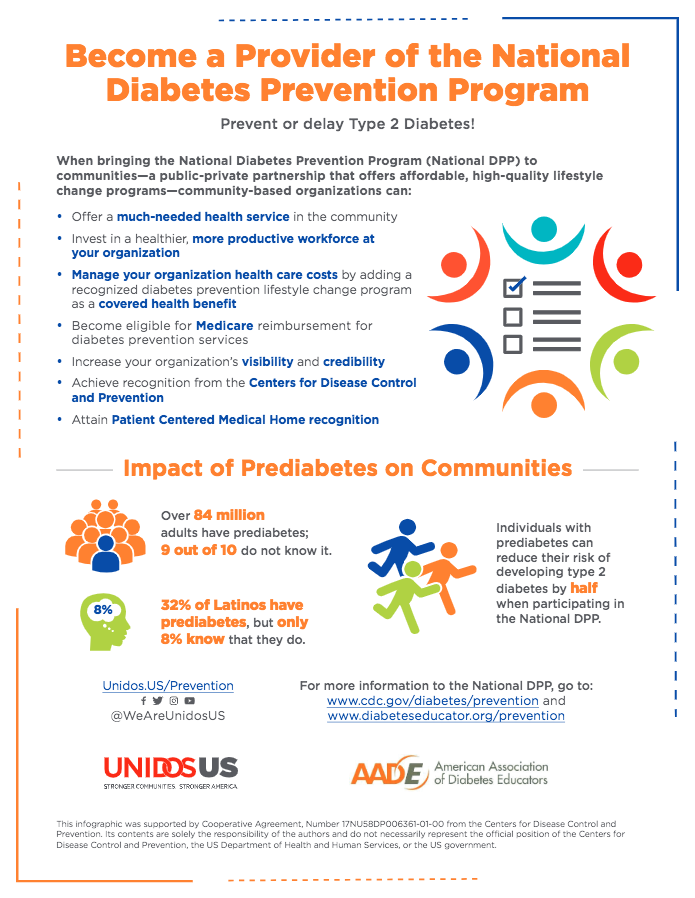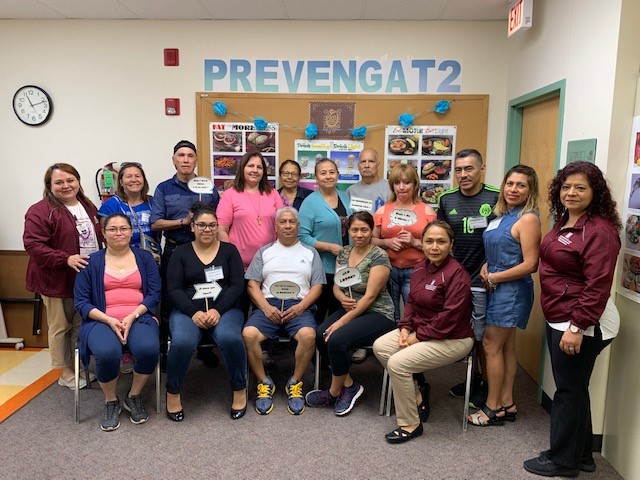Increasing access to the National Diabetes Prevention Program
A collaboration between UnidosUS and the American Association of Diabetes Educators raises awareness of a national program that improves the health and well-being of Latinos at high risk of developing type 2 diabetes.

Latinos face a high risk of developing type 2 diabetes, and the increasing rates of prevalence and incidence of the disease in this demographic are alarming—type 2 diabetes is now the fifth leading cause of death among Hispanics.
Prediabetes, the precursor to type 2 diabetes, is a condition where an individual’s blood sugar levels are higher than normal, but not high enough to be diagnosed with type 2 diabetes. A person with prediabetes is at increased risk of developing type 2 diabetes and can experience many other serious health complications such as heart disease, stroke, and blindness. Unfortunately, of the 84 million U.S. adults who have prediabetes, 90% are unaware of it. What’s worse, of the 32% of Latinos with prediabetes, only 8% know they have it.
Risk factors for prediabetes can include being over the age of 45, overweight, physically inactive, having a family history of diabetes, a high blood pressure, a previous diagnosis of gestational diabetes, and membership in pretty much any ethnic group. Receiving a diagnosis of prediabetes can be scary, but it can provide the necessary motivation to prevent or delay type 2 diabetes, reduce the risk of associated complications, and even possibly reverse prediabetes.
PREVENTION AT THE NATIONAL AND LOCAL LEVEL
The CDC’s National Diabetes Prevention Program (National DPP), is a year-long structured lifestyle change program that teaches participants about healthy eating, increasing physical activity, and how to cope with stress. The primary goals for program participants are to reduce bodyweight by 5-7% and to increase physical activity to 150 minutes or more per week; goals which according to the CDC can reduce an individual’s risk for type 2 diabetes up to 58%.

The National DPP is delivered by trained lifestyle coaches using a standardized curriculum. It is well equipped to meet the needs and challenges of diverse populations by considering the audience’s language and its own cultural competency. Since programs are delivered in group settings where people live, work, and gather, they also understand local opportunities for individuals to implement healthy habits. For instance, these local DPP programs offer connections to community resources for healthy foods.
INCREASING NATIONAL DPP PROVIDERS
While many organizations can deliver the National DPP, gaps where few or no programs exist indicate the need for promotion of this program. UnidosUS is working to ensure those most at risk, including Latinos, have knowledge of and access to this evidence-based lifestyle change program.
To raise awareness of the National DPP in the Latino community, UnidosUS will help community-based organizations—UnidosUS Affiliates in particular—learn how they can offer the National DPP in their communities, as well as increase physician referrals to the National DPP overall.
UnidosUS Affiliates are well-positioned to deliver the program in a way that is both linguistically and culturally relevant to their communities. By becoming providers of the National DPP, Affiliates can offer a much-needed health service in their communities—one which can create a healthier, more productive workforce and can help manage health care costs by preventing or delaying the onset of type 2 diabetes. Organizations also benefit from becoming a National DPP provider since it is a covered health benefit eligible for Medicare reimbursement and can aid the provider’s recognition as a patient centered medical home.

Hospitals, health systems, and community-based organizations are all crucial partners in expanding the National DPP. Organizations interested in improving the health and well-being of their entire community by offering the program should visit unidos.us/Prevention.


